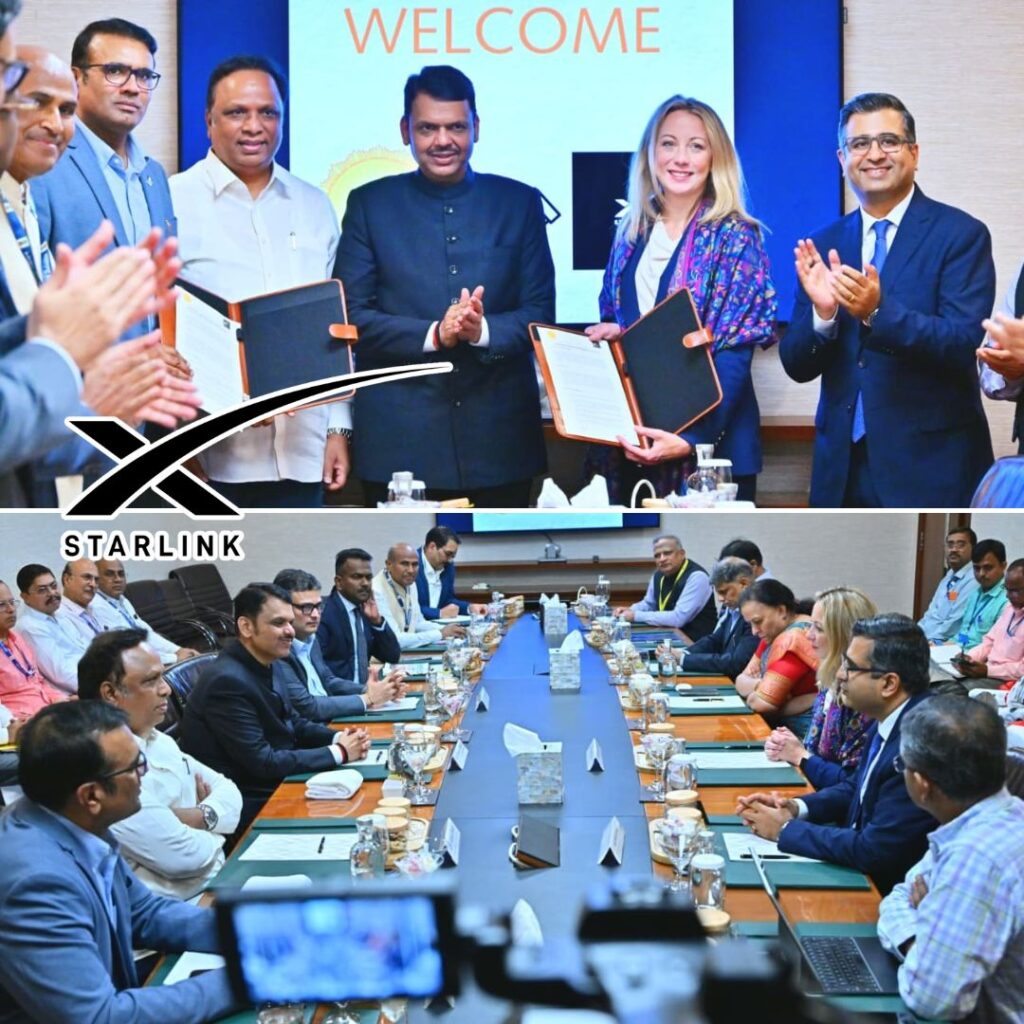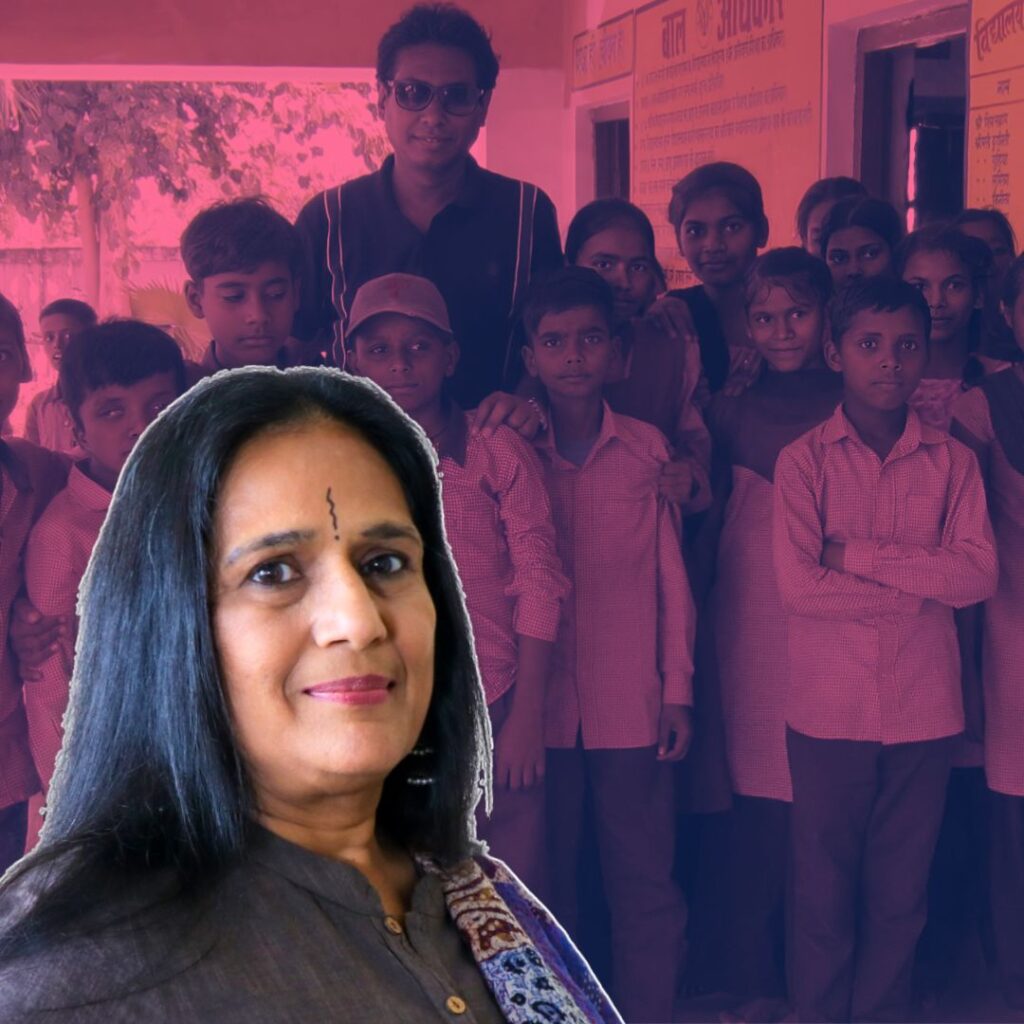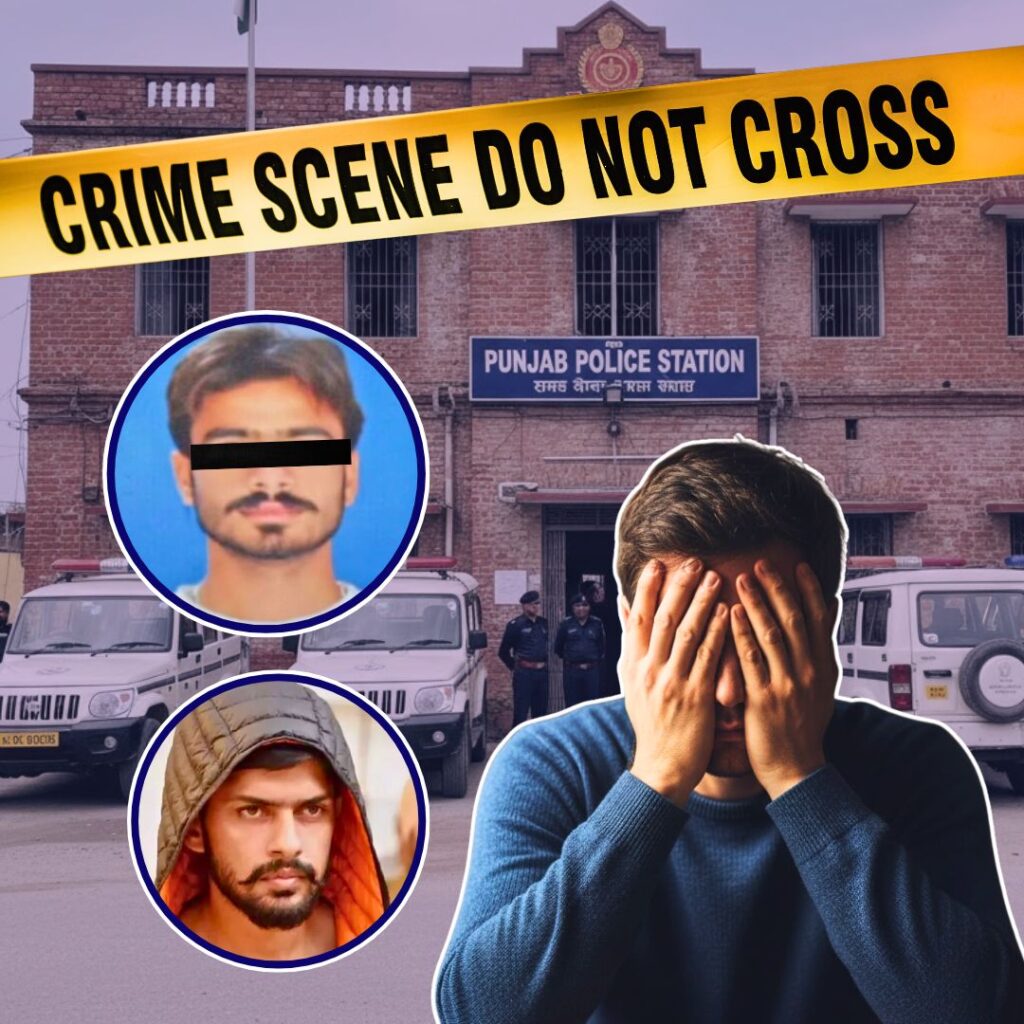Right to access the internet is not a fundamental right and the degree of access for exercising free speech or for carrying on any trade or business can be curtailed, the Jammu and Kashmir administration told the Supreme Court on Wednesday, April 29.
The statement came as part of an affidavit filed by the administration in a case seeking restoration of 4G mobile internet services in the Union Territory. Protection of the sovereignty and integrity of India and ensuring security of the country are sound grounds to reduce the speed of the internet, the affidavit read.
High-speed Internet has been suspended even after restrictions were eased after the Centre scrapped the special status of Jammu and Kashmir and revoked Article 370 in August last year.
‘The right to access the internet is not a fundamental right and thus the type and breadth of access for exercising the right to freedom of speech and expression under Article 19(1)(a) and/or to carry on any trade or business under Article 19(1)(g) of the Constitution of India (CoI) through the medium of internet can be curtailed,’ the affidavit mentioned.
The centre’s affidavit came in response to a plea filed by a not-for-profit organization, Foundation for Media Professionals, which claimed that the lack of high-speed mobile internet was leading to difficulties during the COVID-19 outbreak with patients, doctors, and the public in general were unaware about the latest guidelines, advisories issued related to the pandemic.
‘Various public health practitioners, medical professionals, and doctors have repeatedly expressed their concern about wasting precious time trying to download the latest studies, protocols, manuals and advisories on treatment and management of COVID-19 . In some cases, doctors are not able to access these resources at all, due to the internet speed being too slow to download heavy files,’ the petition noted.
The petitioner also challenged the order issued by the J&K administration on March 26 restricting the internet speed in mobile data to 2G and urged that 4G internet services be restored in the Union territory.
The UT administration claimed that the submission was misunderstood because most of the details related to COVID-19 can be accessed through fixed line high-speed internet which is accessible in the UT without any restrictions.
‘The information regarding COVID-19 is also available on various social media platforms which can be easily accessed on low speed 2G internet. Various Government websites like website of WHO, Ministry of Health and Family Welfare, etc. associated with timely information flow in the form of awareness/advisories/orders can also be easily accessed at Low Speed internet,’ the affidavit said.
The Supreme Court on January 10, had maintained that access to information and the freedom of trade and commerce via the internet are fundamental rights under the Constitution of India.
It had also ordered the centre and J&K administration to review the orders restricting Internet services in J&K.
Following the January 10 judgement of the top court, the J&K administration, in its affidavit said that several orders were passed by them to gradually lift restrictions in J&K. Mobile phone services initially post-paid and thereafter pre-paid were restored and restrictions on internet access were later eased.
Spike in internet speed will result in quick uploading and posting of provocative videos and other heavy files.
‘High speed internet services (4G) decrease the time of circulation of various photographs, videos, propaganda audios and hence enable the associated content to go viral, with the reaction time of law enforcement agencies to such situations decreasing,’ the affidavit mentioned.
Also Read: After Seven Months, Jammu & Kashmir Lifts Social Media Ban Till March 17











